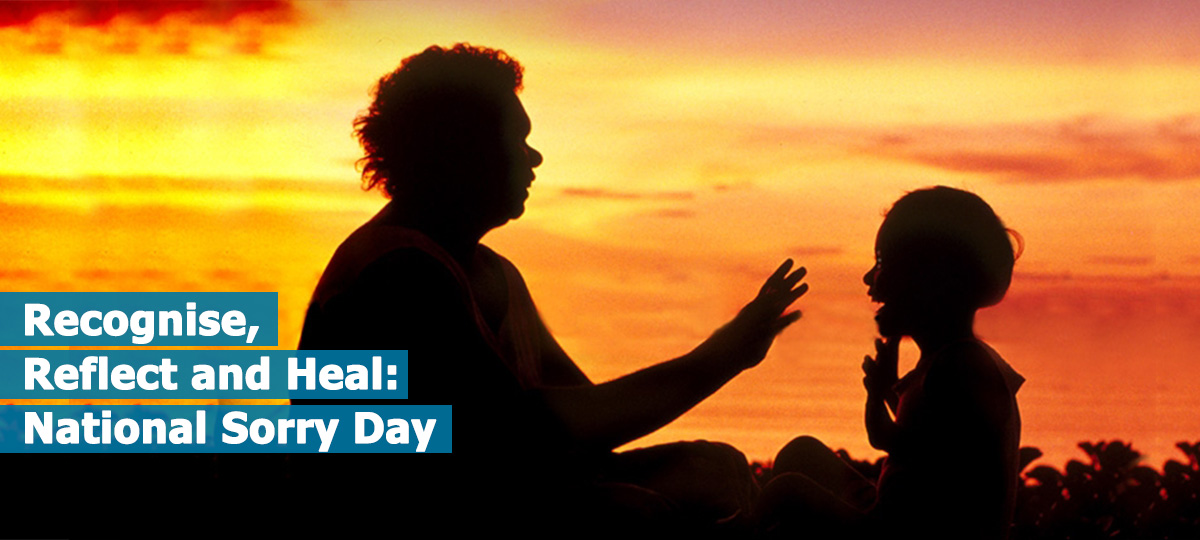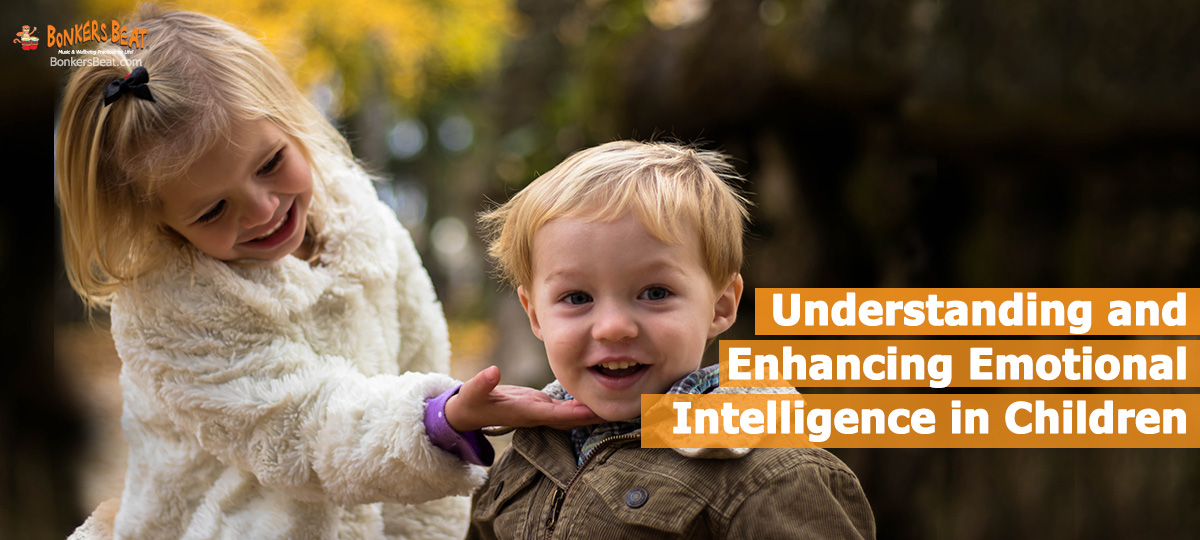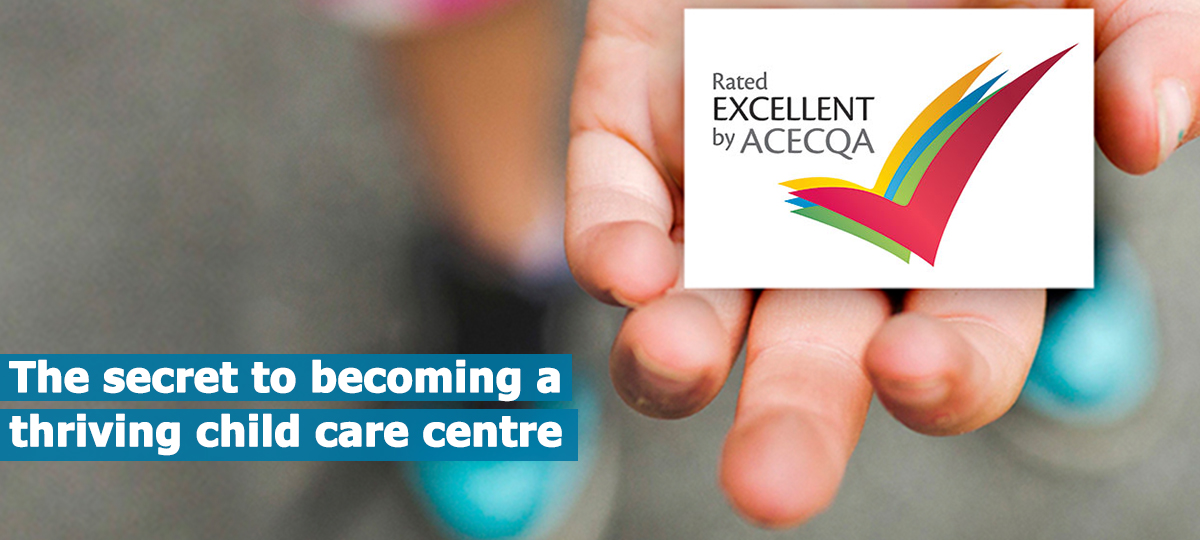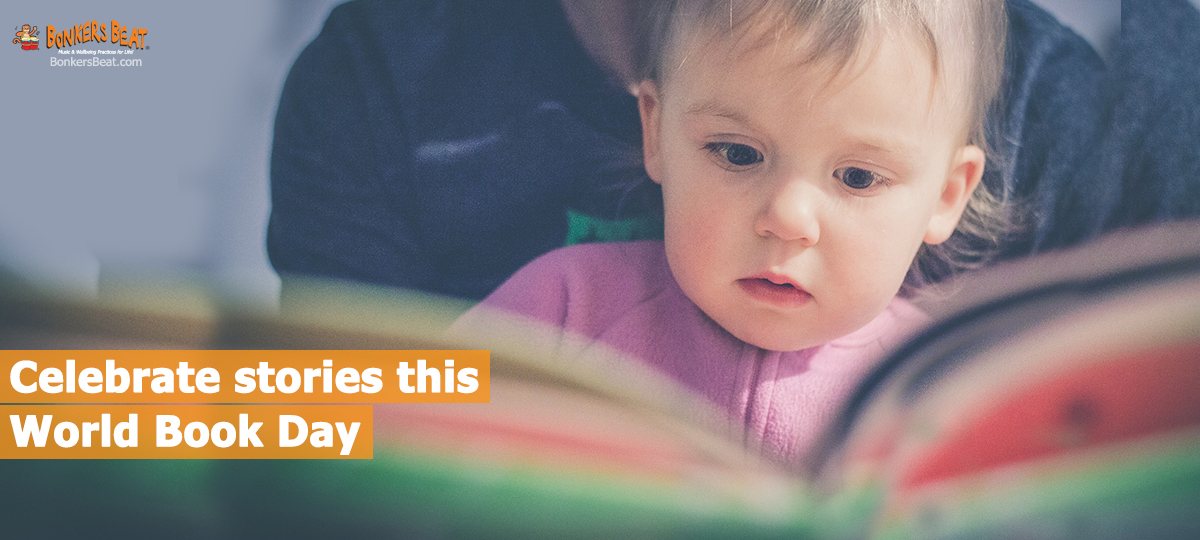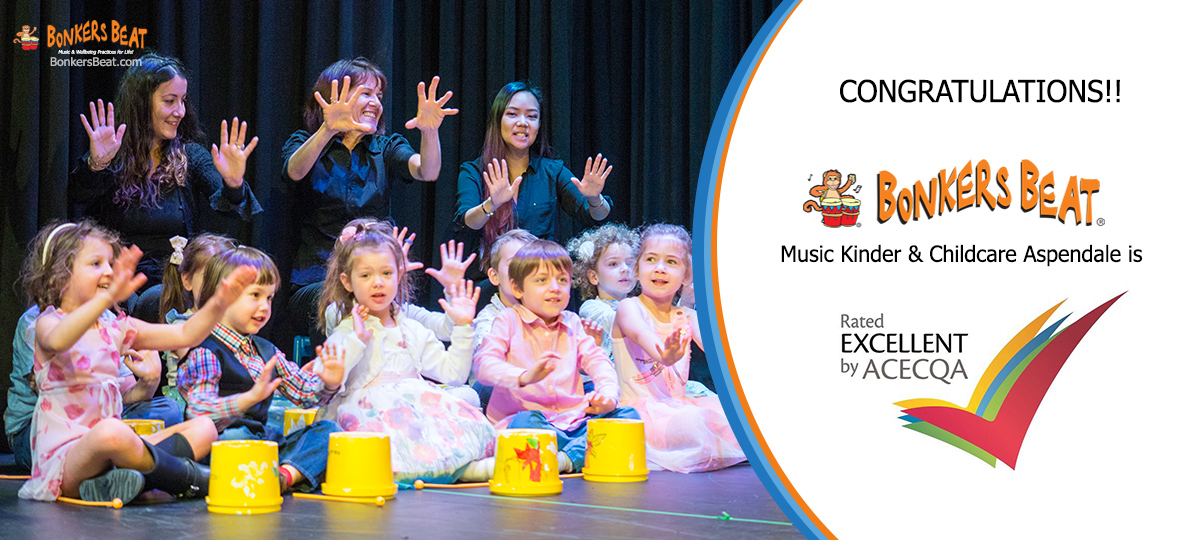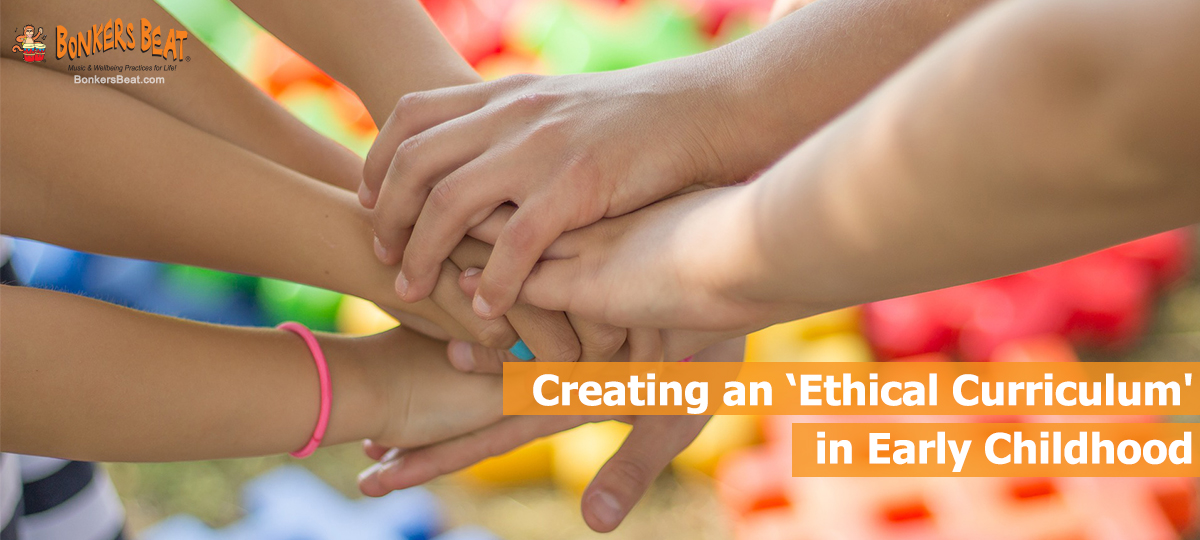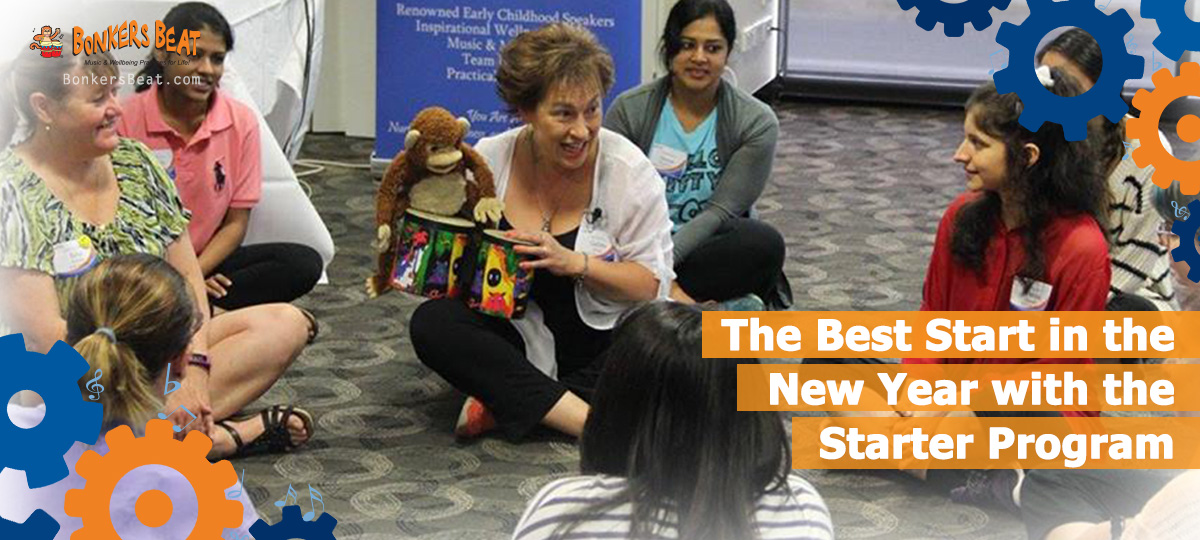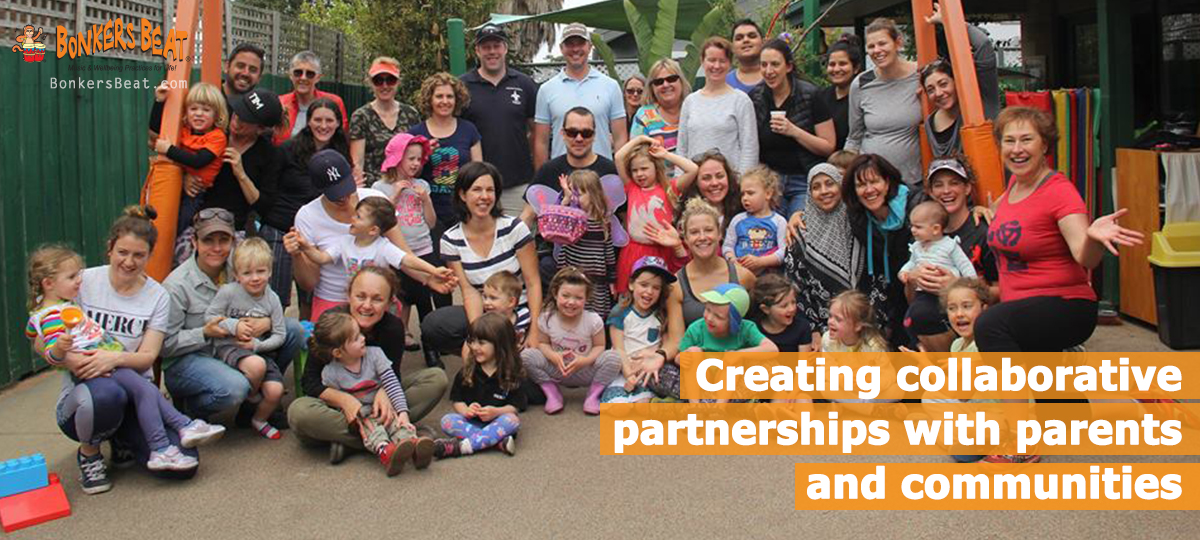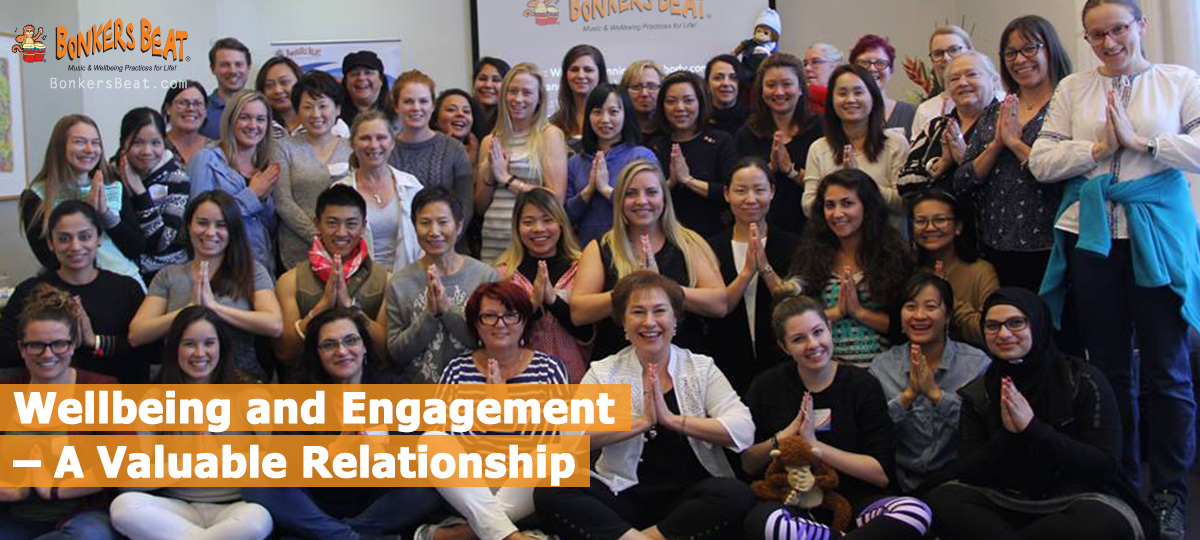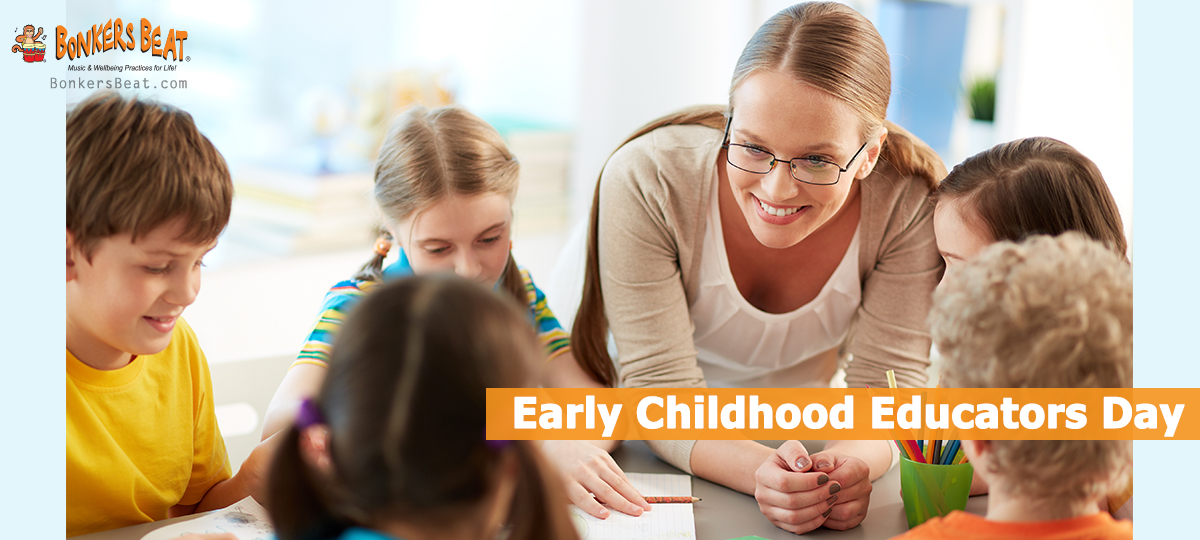National Sorry Day takes place this Saturday 26 May and this week we would like to take the time to acknowledge this day. Since 1998 Sorry Day has been an annual event for Australians to recognise and reflect on the mistreatment of the Aboriginal people.
Reconciliation and healing are vital to a bright future for all Australians and we must strive for it as united people. One very important part of this process is by educating one and all on the history of Australia, good, bad and in between.
For many of us recognising, reflecting and healing as part of National Sorry Day involves the acknowledgement of the trauma that took place during the white settlement in Australia. Reflecting on the experience of the Aboriginal people and considering how we can contribute towards the healing.
Let’s also look at how we can introduce children in early childhood education to the meaning behind National Sorry Day.
Recognising and reflecting on Aboriginal culture
For very young children the most straightforward way of recognising the Aboriginal people and their experience is by recognising them and their culture. We believe that children should be able to identify an Aboriginal flag as a first step in the right direction and to identify it as a core representation of Australia.
Achieving this is simple and fun. Draw the flag, paint the flag or even simply colour in printouts of the flag. Here’s one.
Talk about how Aboriginal people were here long before anyone else and take note of which people occupied the land where your centre or home is. For example, Aspendale in Victoria was occupied by the Bunarong people from the Kulin Nation. Perhaps you can take a walk around the block and identify some Aboriginal street names.
Aboriginal culture also has a distinct style of art, music and performance that children love. Share this with children by playing music, showing them a digeridoo, or doing their own dot paintings for example.
The journey of healing
Once we have shown children how to identify and enjoy Aboriginal culture, we are well on our way to enabling them to appreciate the meaning behind National Sorry Day as they get older and the importance of inclusion, acknowledgement, commemoration and the journey of healing.
Take the time to reflect this National Sorry Day or even take part in local community events and activities and let’s be a part of the healing journey together.
Image source: https://www.humanrights.gov.au/news/stories/national-sorry-day-2016

